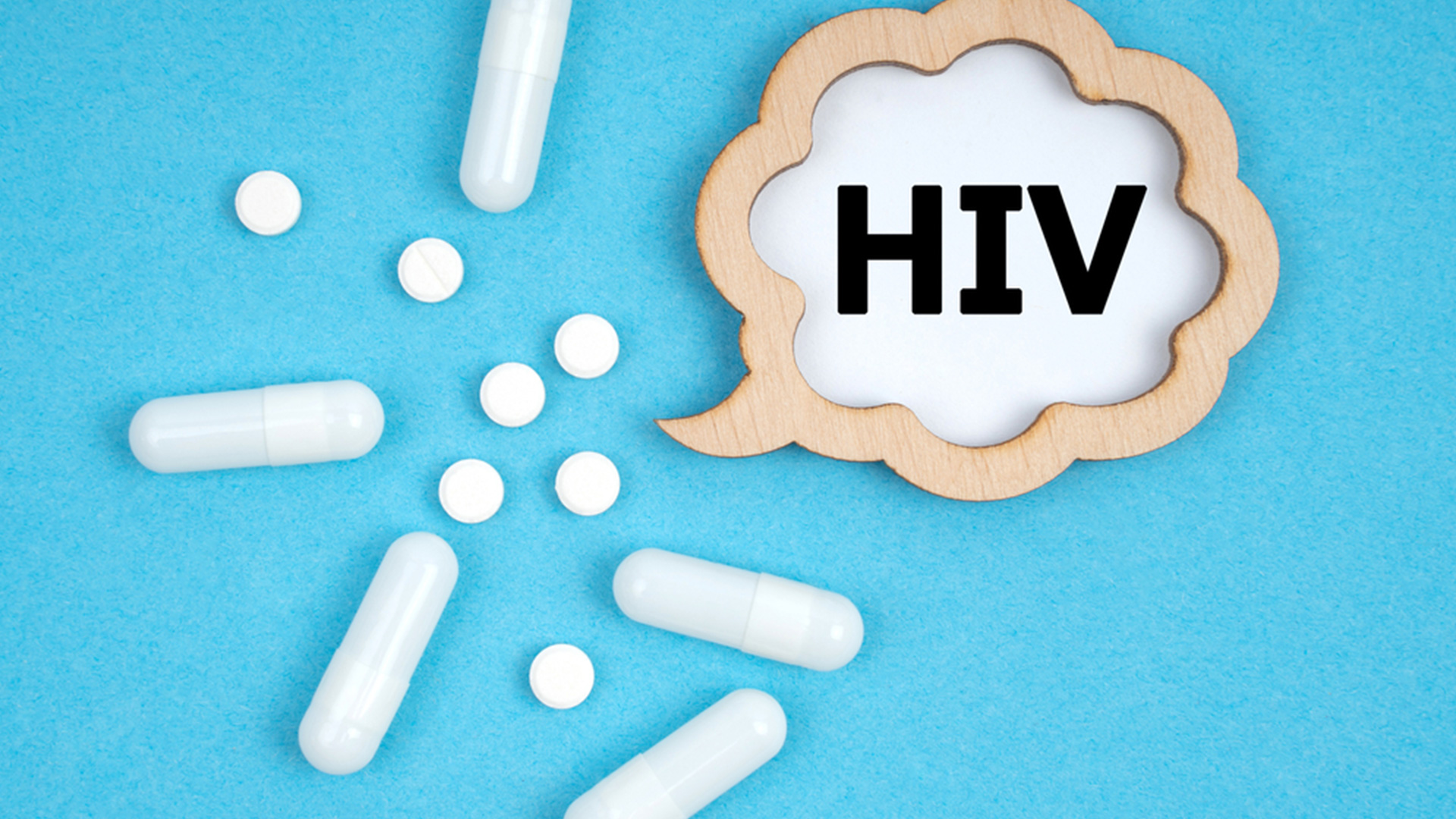How Military Service Increases the Risk of HIV-Related Illness: What Veterans Should Know

Table of Content
- Introduction
- Understanding the Risk of HIV in the Military
- How Military Conditions Can Increase the Risk?
- Benefits of Early Detection and Treatment
- Conclusion
- FAQs
Summary
Due to things like being sent to high-risk places, having limited access to health care, and having trouble keeping safe practices, being in the military can make veterans more likely to get HIV-related diseases. Veterans should know about these risks, how important it is to get tested early, and the benefits of getting HIV care through VA health programs.
Introduction
HIV is a worldwide health problem, and because of the special nature of military service, veterans may be more likely to get HIV. Being in dangerous places, not having access to good medical care, and the stress of being deployed can all make getting HIV more likely. This blog talks about how being in the military affects the chance of getting an HIV-related sickness and what veterans should know about how to avoid getting it, how to find it early, and how to treat it.
Understanding the Risk of HIV in the Military
People in the military often work in places where they may be more likely to get HIV. Exposure to high-risk groups, not getting enough information on how to avoid getting HIV, and not having easy access to tools that can help prevent HIV can all make someone more vulnerable. Veterans should know about these risks and do what they can to stay safe after they leave the service.
How Military Conditions Can Increase the Risk?
Several things in the military can make service members more likely to get HIV:
- Deployment to High-Risk Areas:
People in the military are often sent to places where HIV is more common, like war zones or places that don't have a lot of medical facilities. In these places, it might be hard to get prevention tools like condoms and information about HIV.
- Stress and Mental Health:
Long missions and being in battle can cause a lot of stress, which can lead to dangerous behaviors like drug use or sex without protection. Doing these things can make you more likely to get HIV.
- Limited Access to Healthcare:
When people are deployed, they may not be able to get quick medical care or HIV tests. This can cause diagnostic and treatment delays, which raises the risk of getting an illness and spreading it.
- Isolation and Lack of Support:
People in the military may feel alone, which can make them do risky sexual things as a way to deal. This problem can get worse if people don't have solid relationships or frequent access to preventive care.
- Medical Procedures in Field Conditions:
In battle or emergency situations, military members may come into contact with blood products that haven't been checked or may be sterilized incorrectly during medical care. This raises the risk of HIV spread.
Understanding these risk factors is important for making it easier for service members and veterans to get medical care and avoid getting HIV.
Benefits of Early Detection and Treatment
Veterans must get tested for HIV as soon as possible. The VA's health care programs offer full and private HIV care. Veterans who test positive can get better health results and benefits, lower the virus load, and lower the risk of spreading the disease to others if they get treatment quickly. Antiretroviral treatment (ART) is a big benefit for veterans living with HIV that makes their quality of life better.
Conclusion
Being in the military can put veterans in situations that make them more likely to get HIV-related illnesses. Veterans should be aware of these risks, get tested regularly, and use VA programs to get help and care. Early diagnosis and care can make a big difference in how well HIV is managed and how well people's health is in general.
FAQs
Are veterans at higher risk of HIV?
Yes, being in the military and being sent to high-risk places or not having easy access to health care may raise the chance of getting HIV.
How can veterans get tested for HIV?
There are private HIV tests that veterans can get through the VA health system, which also offers treatment choices.
What support does the VA offer for veterans with HIV?
The VA offers a wide range of services, such as antiretroviral treatment, counseling, and ongoing medical support.

